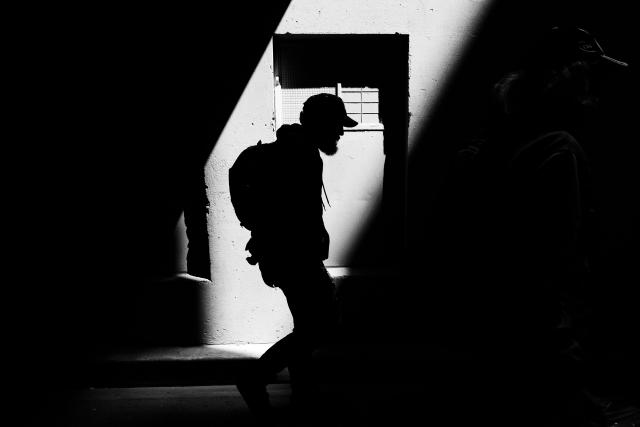Cade Lucas
A drug outreach service currently operating in the Melbourne CBD has been expanded to Footscray as part of the state government’s plans to help Victorian’s struggling with addiction.
On Thursday, Mental Health Minister Ingrid Stitt announced that outreach teams from the City Street Health program operated by cohealth, would come to Footscray and St Kilda as well as extra locations in the city.
Working in conjunction with businesses, police and health service providers, City Street Health teams currently support drug users by providing information on how to reduce the risk of overdosing, administering first aid, distributing Naloxone and referring them to wraparound services.
Under the expanded scheme, two mobile health teams staffed by multidisciplinary health professionals will provide these services in Footscray and St Kilda seven days a week, with the Footscray operation already underway, having commenced on September 1.
”Victorians struggling with addiction need care and support, not stigma – that’s why we are rolling out more outreach across the CBD and in Footscray and St Kilda,” said Ms Stitt in announcing the program expansion.
Footscray MP Katie Hall said the drug outreach services were badly needed in the local area.
“The expansion of the City Street Health program to Footscray will provide people struggling with chronic addition in our community the care they need while also working with local businesses to improve public amenity.”
The addition of outreach services in Footscray and St Kilda is part of the government’s $95 million Statewide Action Plan to reduce drug harm.
The plan was announced in April following the government’s decision to not proceed with a second second safe injecting room in the Melbourne CBD, despite the recommendation of an expert panel.
With most heroin overdoses in Victoria occurring outside the City of Melbourne, the plan not only expands drug outreach services to the suburbs, but also into rural and regional areas, including pharmacotherapy being provided in up to 30 locations statewide, 20 Naloxone vending machines being placed alongside at existing needle exchanges, and a trial of the state’s first overdose prevention and response helpline.








